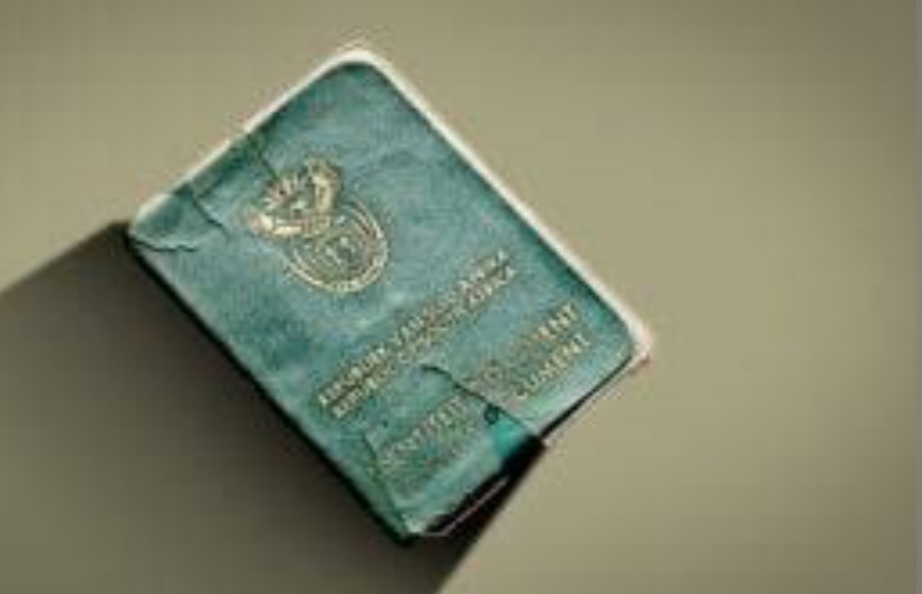HIV positive women in South Africa, mostly black, are still being forced to sterilise or are pressurised to do so at public hospitals. This was revealed by Women's Legal Centre's Khensani Motileni during the Sexual and Reproductive Justice Conference held in Tshwane on yesterday. The conference, that was organised by the Department of Social Development, was aimed at bringing together policy makers, young people and researchers to promote sexual and reproductive justice.
RURAL WOMEN HAVE NO ACCES TO DIGNIFIED HEALTH CARE
Motileni told the conference that a lot of women, especially those in rural arrears are discriminated against and don't have access to dignified health services. "From an investigation report by the Commission on Gender Equality, some women are being sterilised without being given other birth control measures. This is equivalent to forced sterilisation of women in the public health institutions and has a negative impact on many women living in rural communities, including those who are pregnant and living with HIV or chronic diseases," Motileni said. She added that the legacy of forced sterilisation is rooted in forms of cultural and institutional power.
NO WOMEN'S HEALTH POLICY
Researchers and policy makers were making a presentation on the topic: Addressing the Legacy of Forced/Coerced Sterilisation of HIV-positive Women in Public Health Care Institutions in South Afric. Motileni said the country does not have women's health policy and that the country cannot make informed and adequate provision for women's health. She added that there was also a need for policy development and budget allocation targeted towards women's health. "Presently, interventions targeting HIV related issues are designed to change risk behaviour and reduce HIV transmission rather than address violence against women living with HIV, and therefore, a rights-based approach is necessary," said Motileni.
FORCED STERILISATION SURVIVOR
The Her Rights Initiative Founder Dr Sthembiso Mthembu, who is also a forced sterilisation survivor, is currently leading the charge against the Department of Health to win compensation for victims of forced sterilisation. In the late 1990s and early 200s when HIV/Aids was at its peak many black women who were tested HIV positive were forced to sterilise without their consent. Even though forced sterilisation is illegal in South Africa, doctors at the time removed the womb of the women who were HIV-positive either without warning or permission. During the conference, Dr Mthembu said the Commission for Gender Equality has not implemented its findings on the investigation they conducted on forced sterilisation on women living with HIV. "In some instances, a doctor would come to assist a pregnant woman, and once he finds that the patient is HIV positive, they would recommend sterilisation." "As people living with HIV, we want to have access to health care as human beings first before receiving health care as HIV positive people. I am convinced that forced sterilisation is not an issue of bad doctors but a systematic issue within the health sector," Dr Mthembu said.




.jpg)


